4G: Everything you need to know
With 4G being rapidly rolled out across the UK, we take a look at the potential benefits and problems that come with it
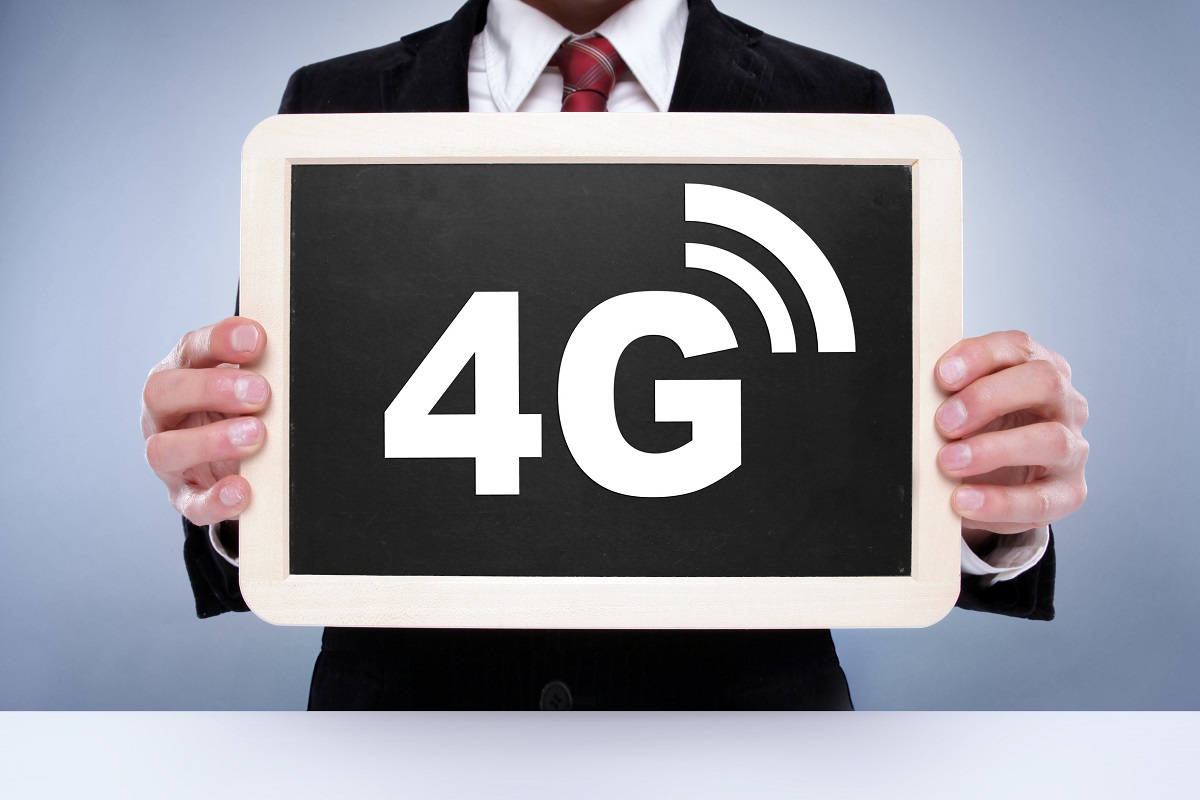
Over the last few years, as mobile users and businesses have slowly started to demand more and more from their devices at work and for their own personal use, there's been a shift from the previously ubiquitous 3G connectivity to the faster, more reliable, 4G.
Thus far, the UK has been slow off the mark in terms of rolling out the service to everyone, with those Kevin Bacon-fronted adverts our only clue that things were changing for a long while. Now EE has had its sole licence for 4G prised from its hands and all the major networks get to have a go.
This comes after a period of time in which, after having to bid in the government's 4G wireless spectrum auctions for a licence, only EE was given permission to provide 4G services using spare 3G spectrum. Competitors were left lagging behind for almost a year while EE carved out its place in the market with the aforementioned Kevin Bacon ads.
Now, licensees include EE, Hutchinson 3G (Three), Telefonica (O2) and Vodafone. EE, however, still has the largest 4G network due to its head start, but other operators are catching up.
Towards the end of 2014, it was reported that 4G speeds in the UK have halved as more people have signed up for the service. This puts the benefits of 4G into question should the previously significant gap between it and 3G speeds start to close.
Additional studies have, however, also claimed that average speeds for 4G are still around double those provided by 3G. In November, it was revealed that Ofcom was planning to sell-off spectrum used by the Ministry of Defence to boost available bandwidth for 4G networks.
In May 2015, Ofcom released details on plans to auction more spectrum for 4G services. However, availablility would be limited in order to future-proof networks against impending mergers. The regulator has asked potential bidders how they think it should release the 2.3 GHz and 3.4 GHz spectrum bands.
Get the ITPro daily newsletter
Sign up today and you will receive a free copy of our Future Focus 2025 report - the leading guidance on AI, cybersecurity and other IT challenges as per 700+ senior executives
4G is primed and ready to take over, changing the way we use our devices at work, on the go and at home, so here is our guide to everything you need to know.
How does 4G differ from 3G?
3G, launched back in 2003, has served us well and brought widespread connectivity to everyone and made it possible to be truly mobile as long as you had a phone or tablet at your disposal.
No technology is fault-free, however. The problem with 3G lay in the range of service one could expect from the third generation mobile technology. This could range from around 400Kbps to somewhere near to 4,000Kbps. 3G also has a reputation for being unreliable, with sudden drops in speed and complete outages all too common an occurrence.
There was less consistency than might have been expected and slow data speeds just aren't something most people can accept these days. The tide is changing, with 4G promising to overcome all of the issues we've had with mobile data speeds and coverage.
4G promises internet speeds that are five times faster than was possible with 3G, as well as a significantly reduced likelihood of losing your connection. To put it all into perspective, downloads take just seconds, web pages load instantly and streaming either live TV or services such as Netflix can be done without endless buffering time.
But then there is also more than one kind of 4G available to customers, with standard 4G promising speeds two and a half times faster than Ultrafast 3G and double-speed 4G speeds up to five times faster. Like with 3G before it, there's no particular standard, with what you get seemingly differing from network to network.
Throughout 2014, talk surrounding national roaming plans sparked fears that a 4G rollout would be delayed by up to two years as a result.
Caroline has been writing about technology for more than a decade, switching between consumer smart home news and reviews and in-depth B2B industry coverage. In addition to her work for IT Pro and Cloud Pro, she has contributed to a number of titles including Expert Reviews, TechRadar, The Week and many more. She is currently the smart home editor across Future Publishing's homes titles.
You can get in touch with Caroline via email at caroline.preece@futurenet.com.
-
 Cleo attack victim list grows as Hertz confirms customer data stolen
Cleo attack victim list grows as Hertz confirms customer data stolenNews Hertz has confirmed it suffered a data breach as a result of the Cleo zero-day vulnerability in late 2024, with the car rental giant warning that customer data was stolen.
By Ross Kelly
-
 Lateral moves in tech: Why leaders should support employee mobility
Lateral moves in tech: Why leaders should support employee mobilityIn-depth Encouraging staff to switch roles can have long-term benefits for skills in the tech sector
By Keri Allan
-
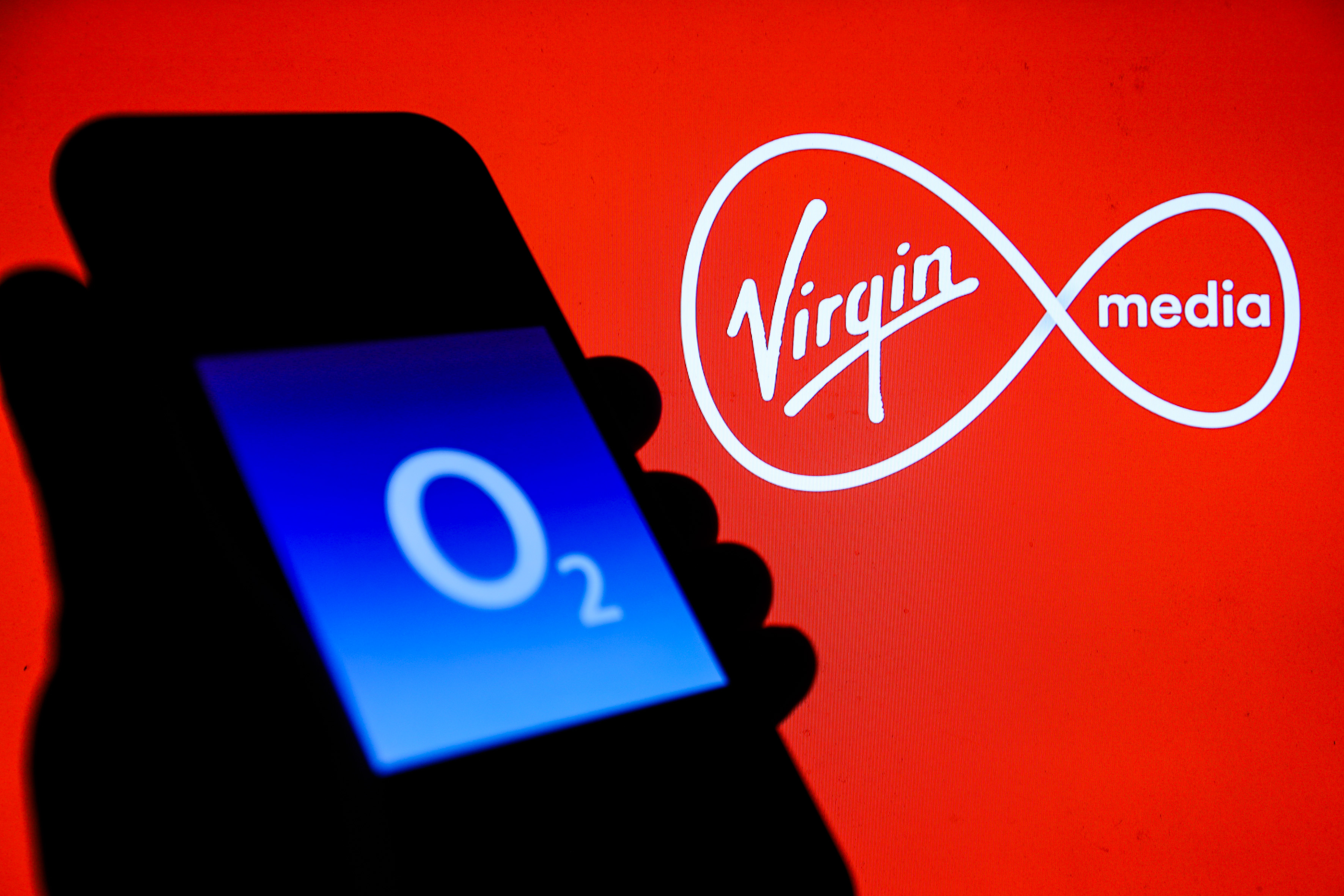 How Virgin Media O2 saved “millions” by enhancing data center efficiency
How Virgin Media O2 saved “millions” by enhancing data center efficiencyCase Study Reducing data center power consumption forms part of a broader sustainability drive at the telecoms giant
By Ross Kelly
-
 Medium businesses: Fuelling the UK’s economic engine
Medium businesses: Fuelling the UK’s economic engineWhitepaper A Connected Thinking report
By ITPro
-
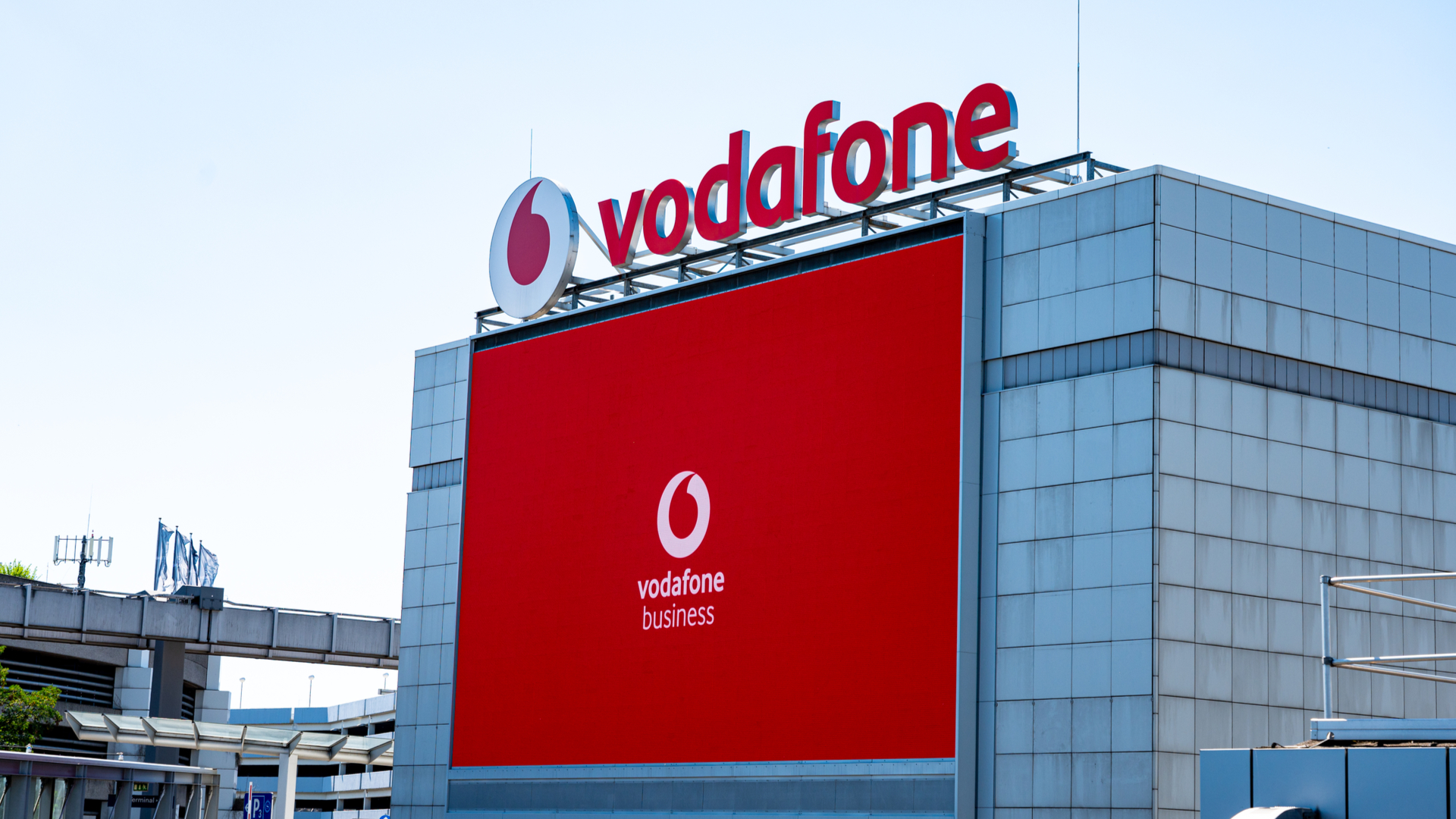 Vodafone and Altice launch €7 billion joint venture in Germany
Vodafone and Altice launch €7 billion joint venture in GermanyNews The British telco currently offers connections to over 24 million homes in Germany, its biggest market
By Zach Marzouk
-
 EE rolls out 4G across Glasgow's underground network
EE rolls out 4G across Glasgow's underground networkNews The network is currently restricted to EE customers but is likely to expand in the near future
By Sabina Weston
-
 Nokia and NASA join forces to bring 4G to the moon
Nokia and NASA join forces to bring 4G to the moonNews Cellular service will provide the communications needed for meaningful moon exploration
By Tyler Omoth
-
 Birmingham crowned the fastest UK city for 4G download speeds
Birmingham crowned the fastest UK city for 4G download speedsNews While Birmingham also recorded the highest speed hike over 2019, London came in at a middling 9th place
By Keumars Afifi-Sabet
-
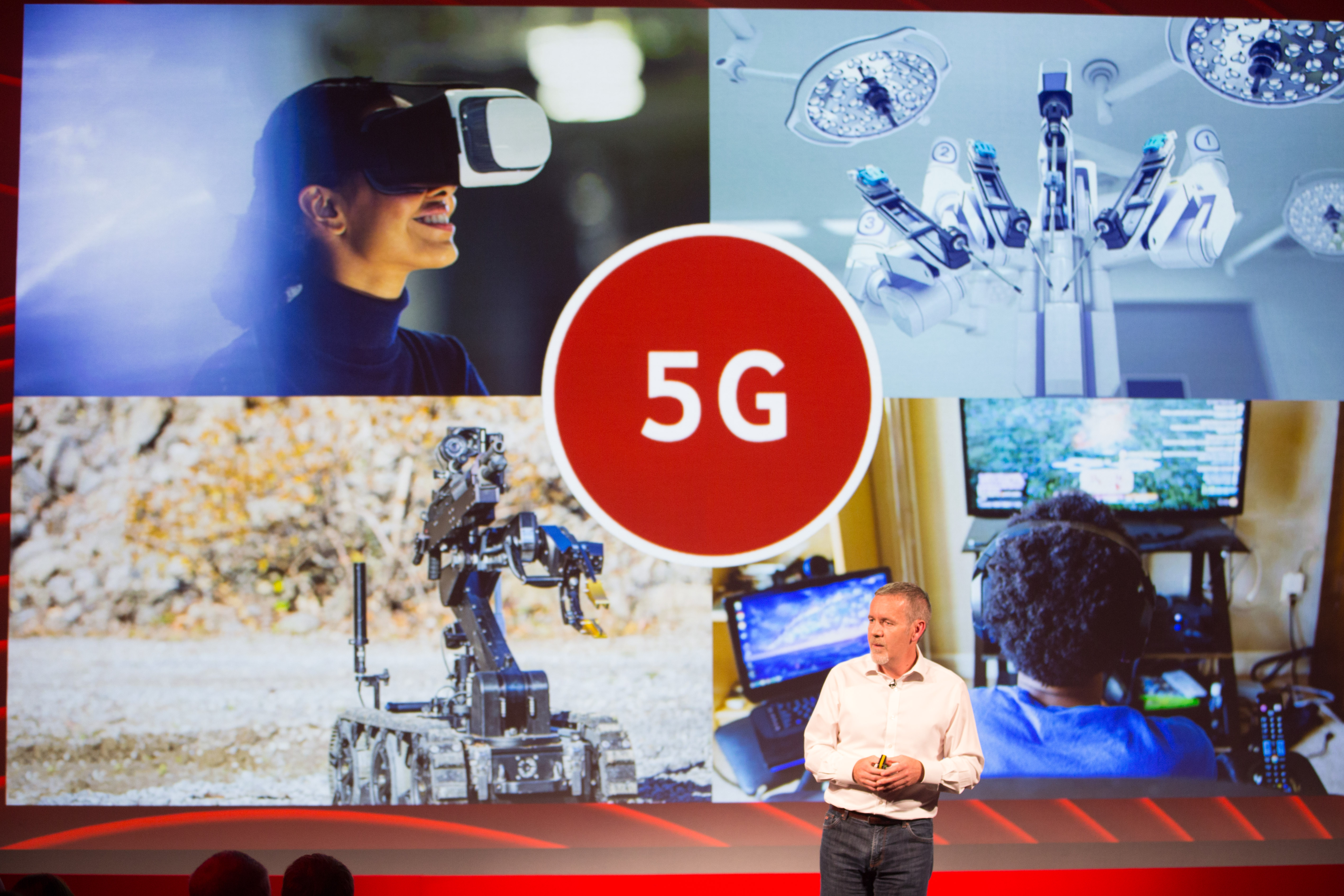 Vodafone to remove Huawei equipment from its core networks
Vodafone to remove Huawei equipment from its core networksNews The decision comes after PM capped Huawei’s involvement in building the UK’s 5G telecoms network
By Sabina Weston
-
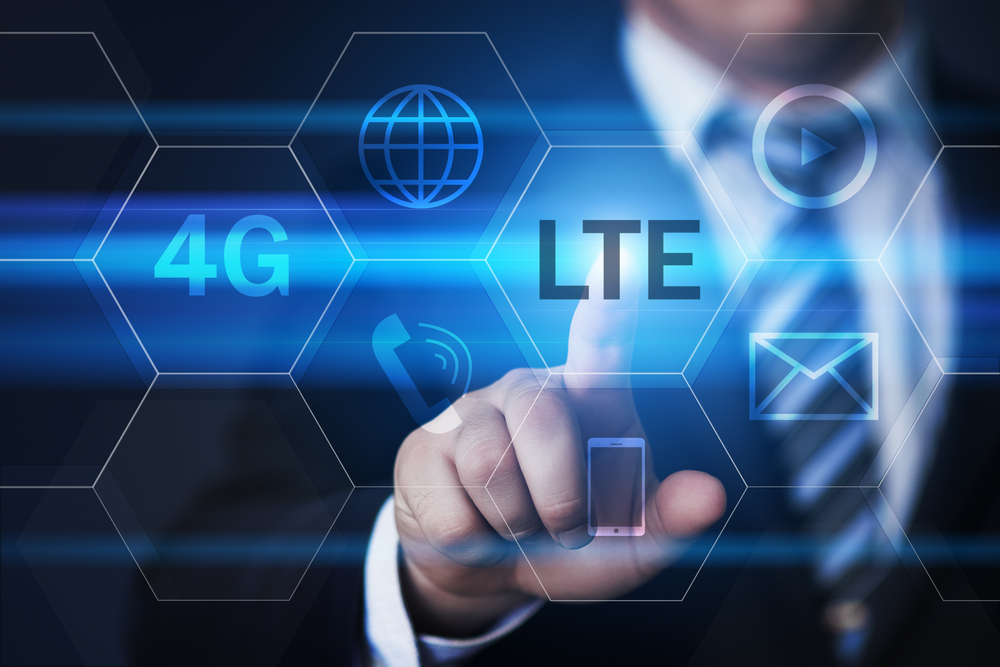 LTE vs 4G: Which is better?
LTE vs 4G: Which is better?In-depth Comparing LTE vs 4G has become common in recent years, but how exactly do they differ, and is 4G faster?
By Jane McCallion

